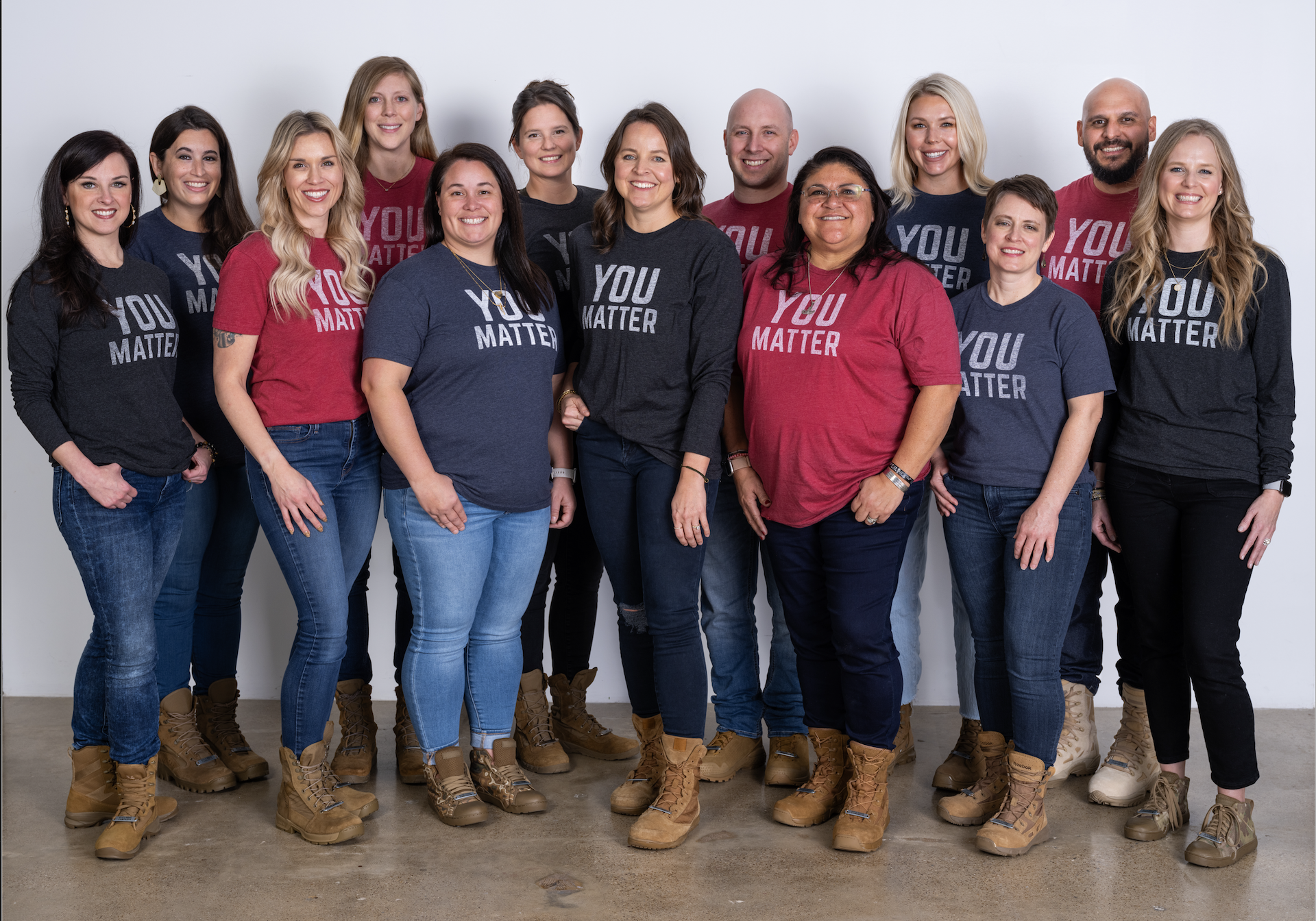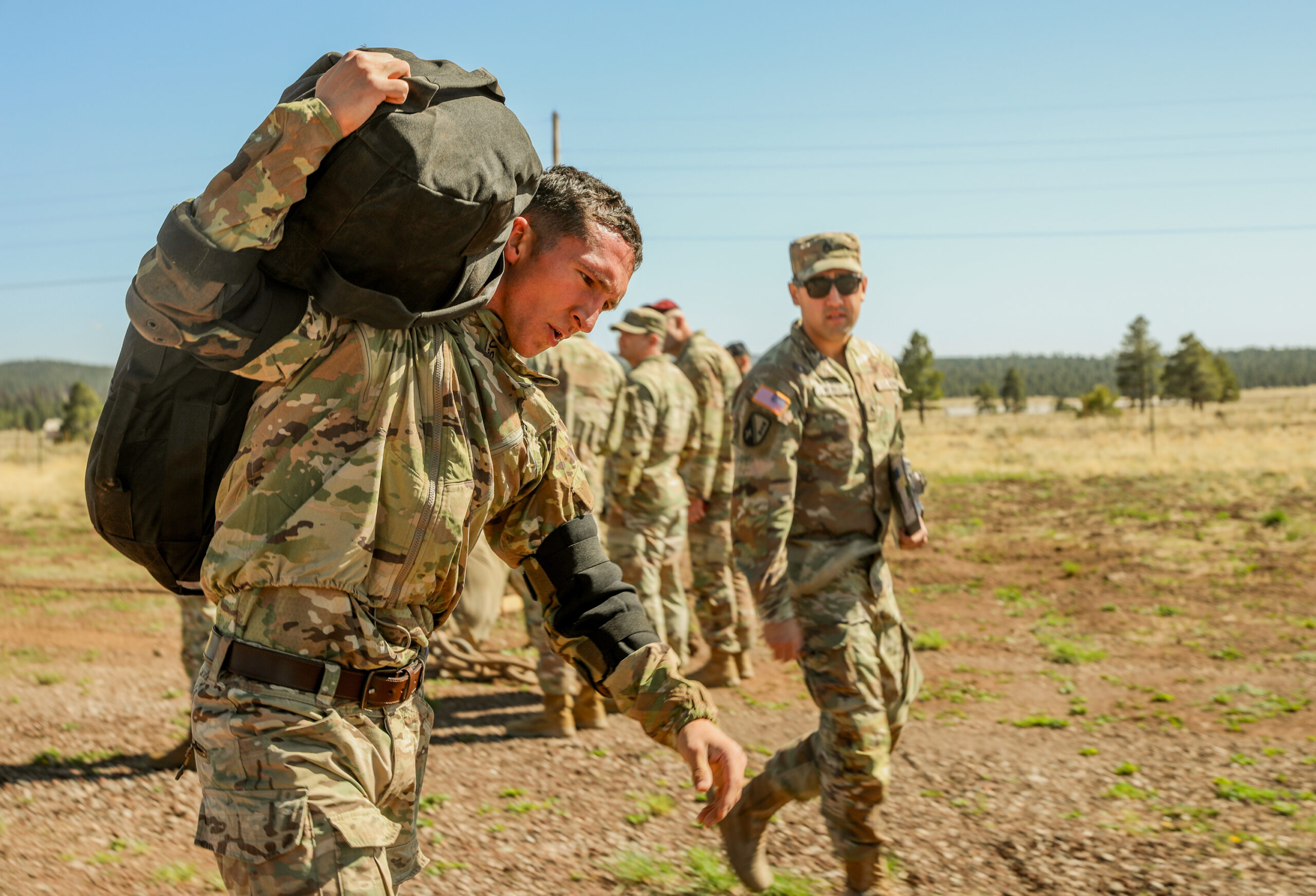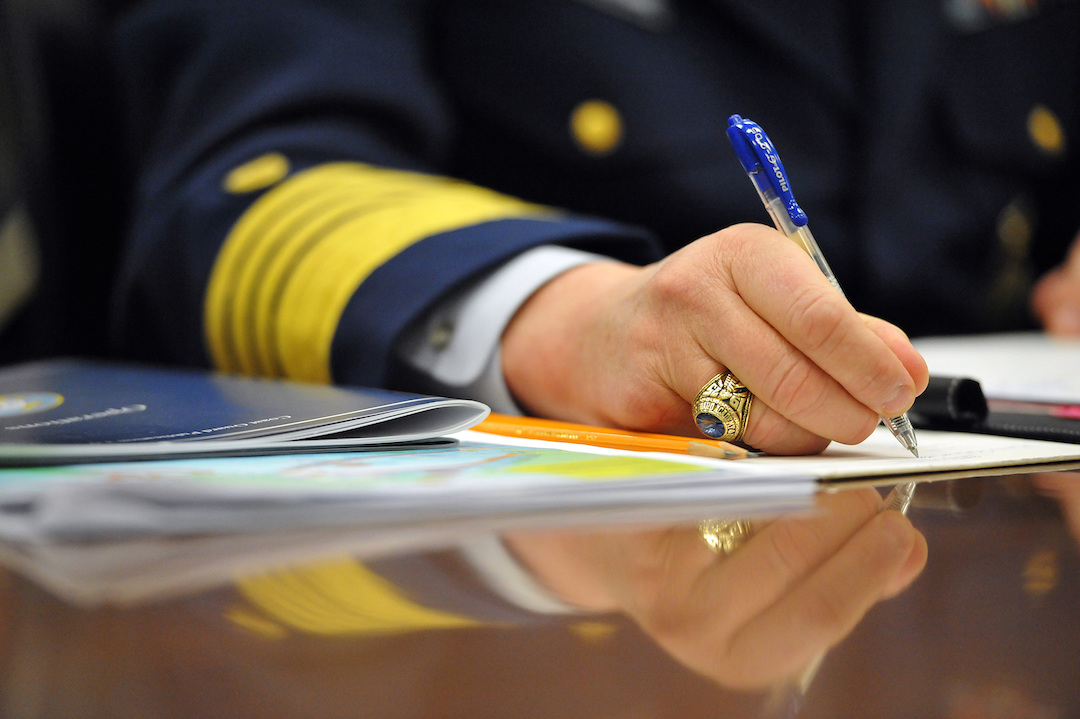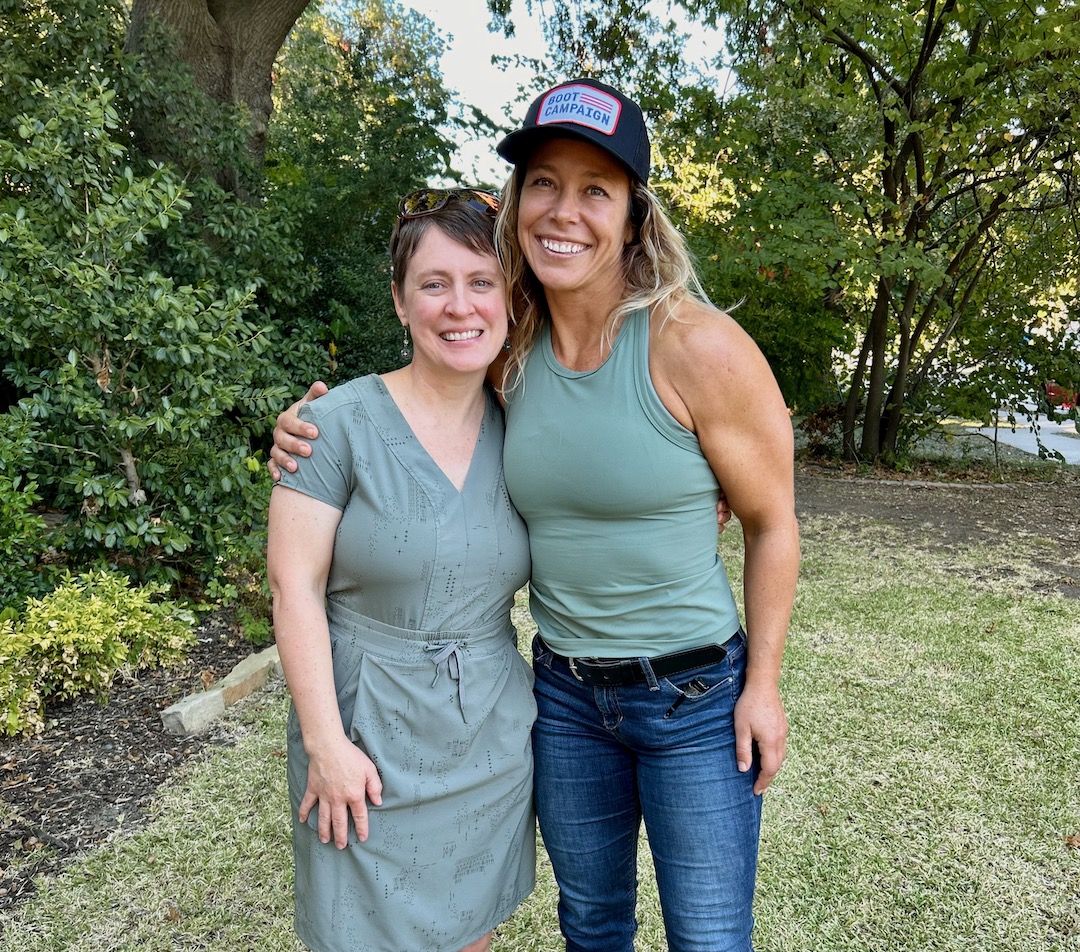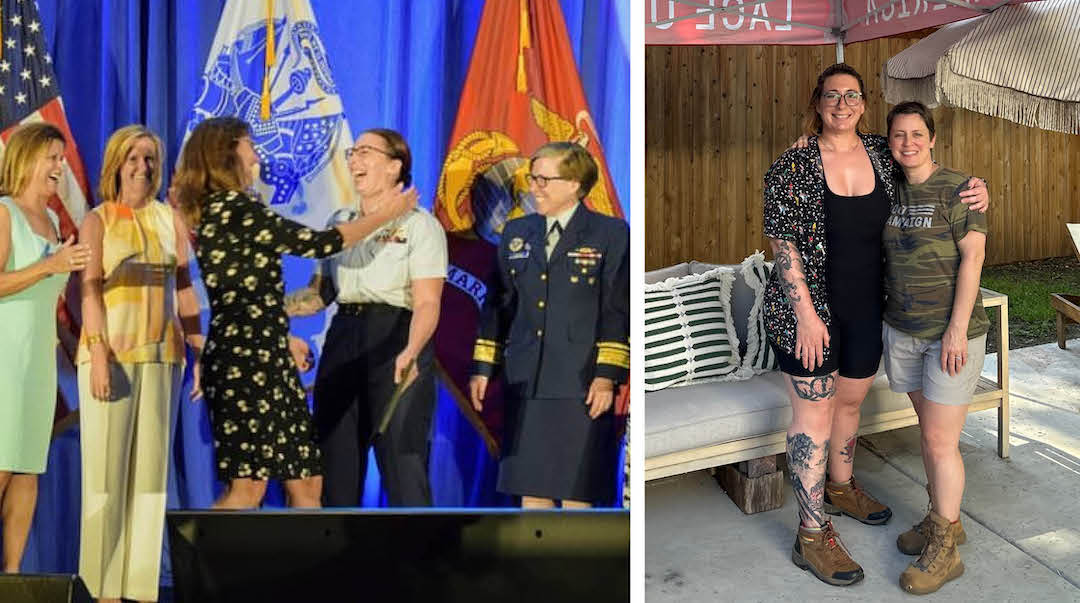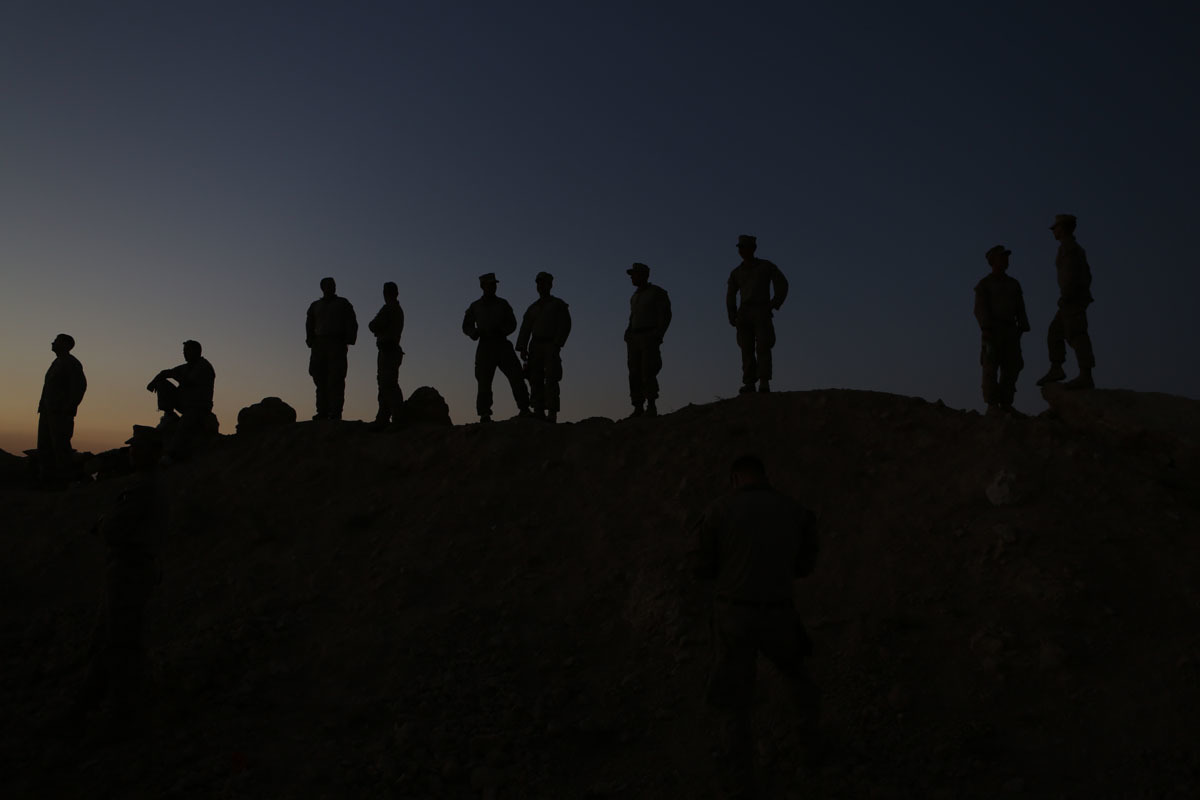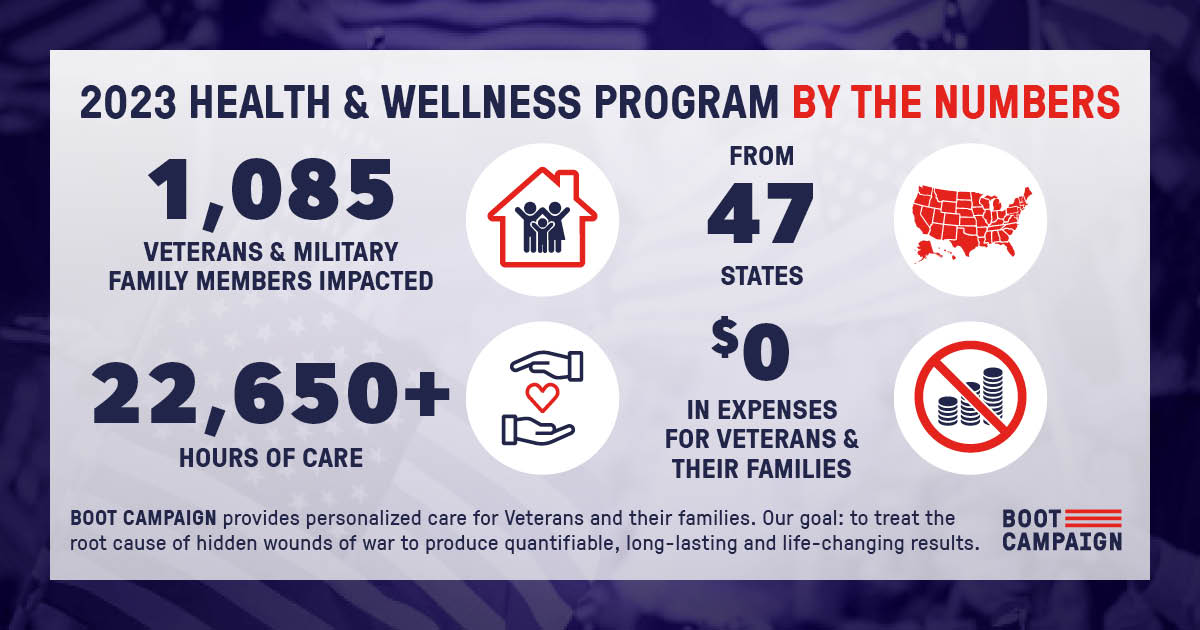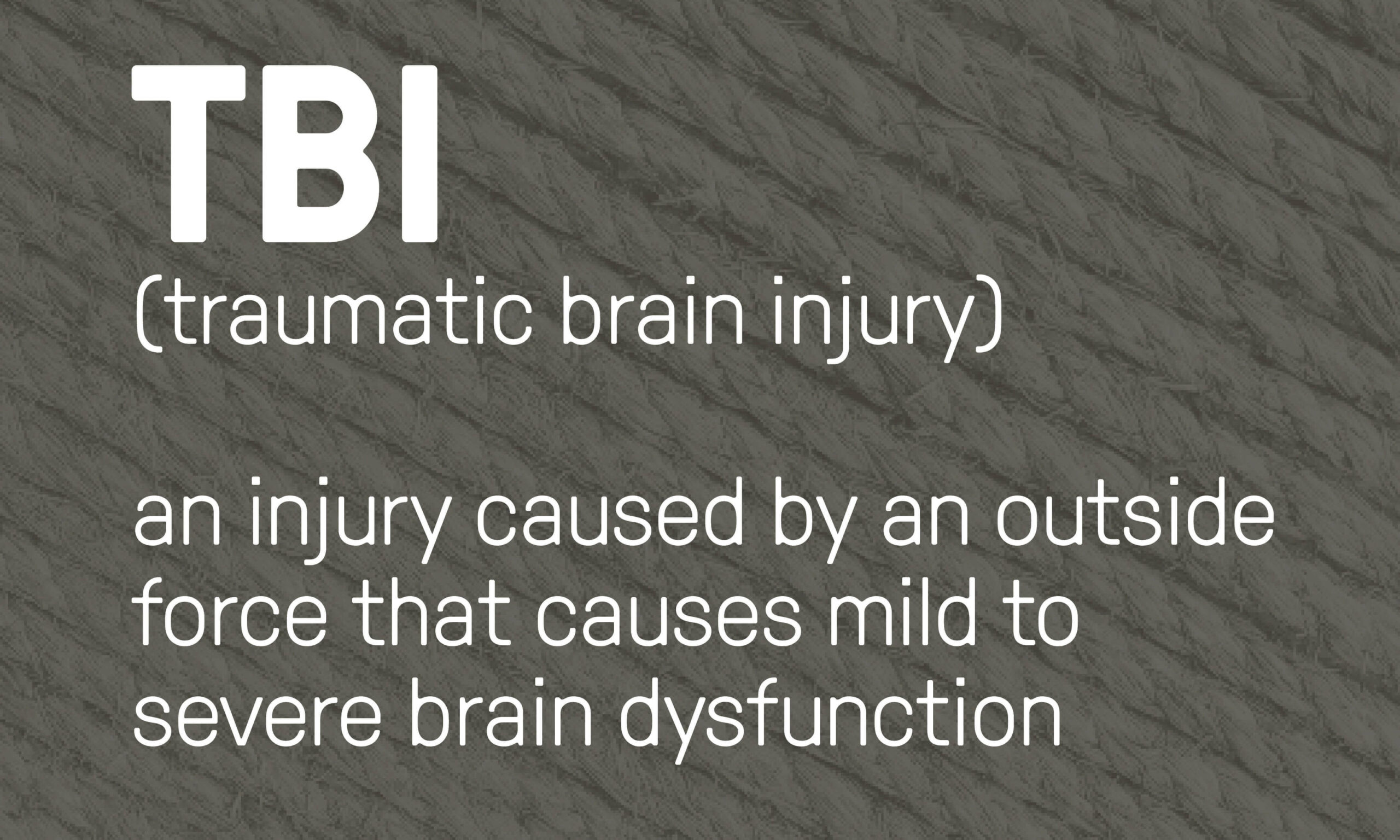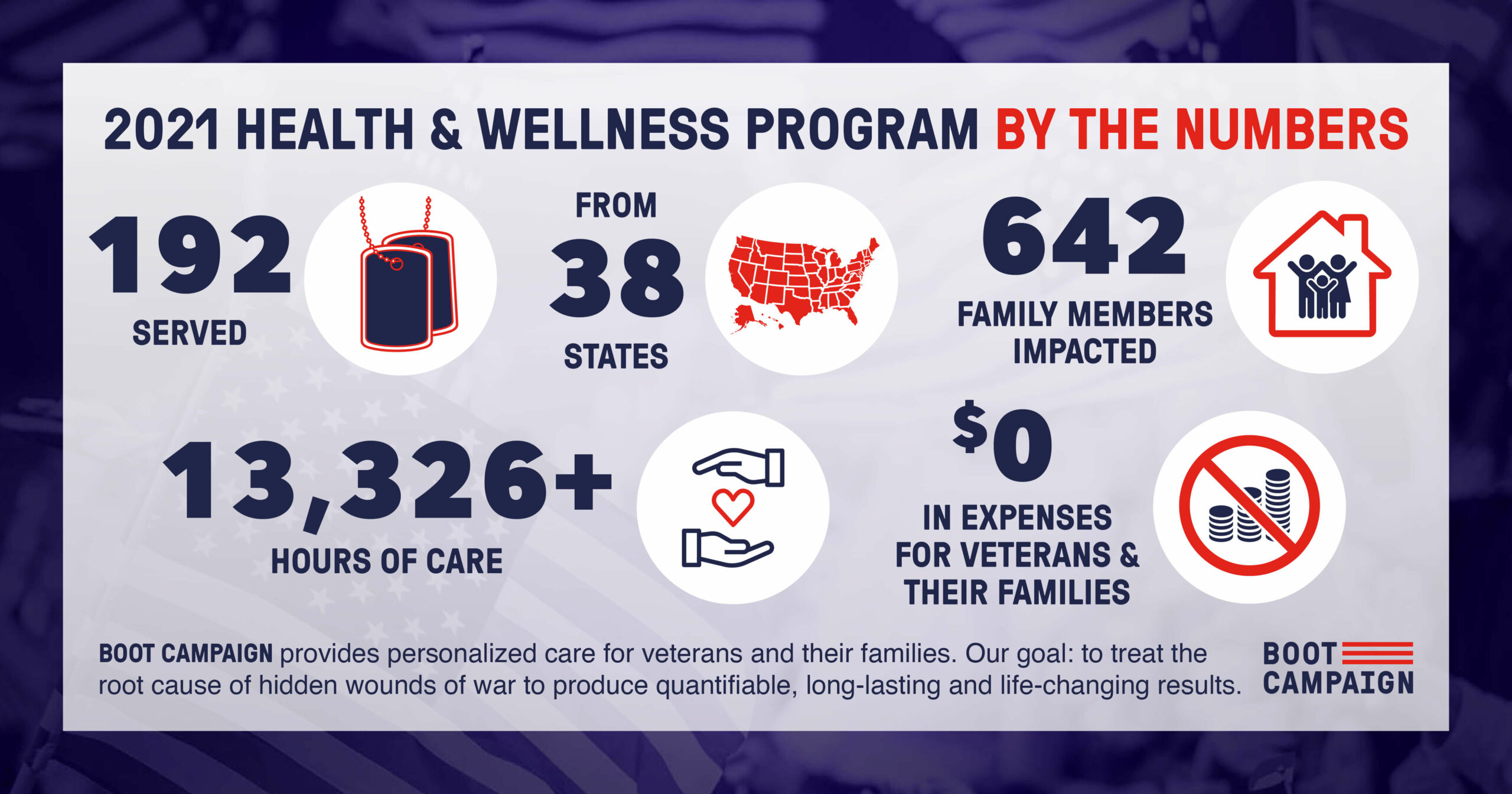When PTSD becomes personal
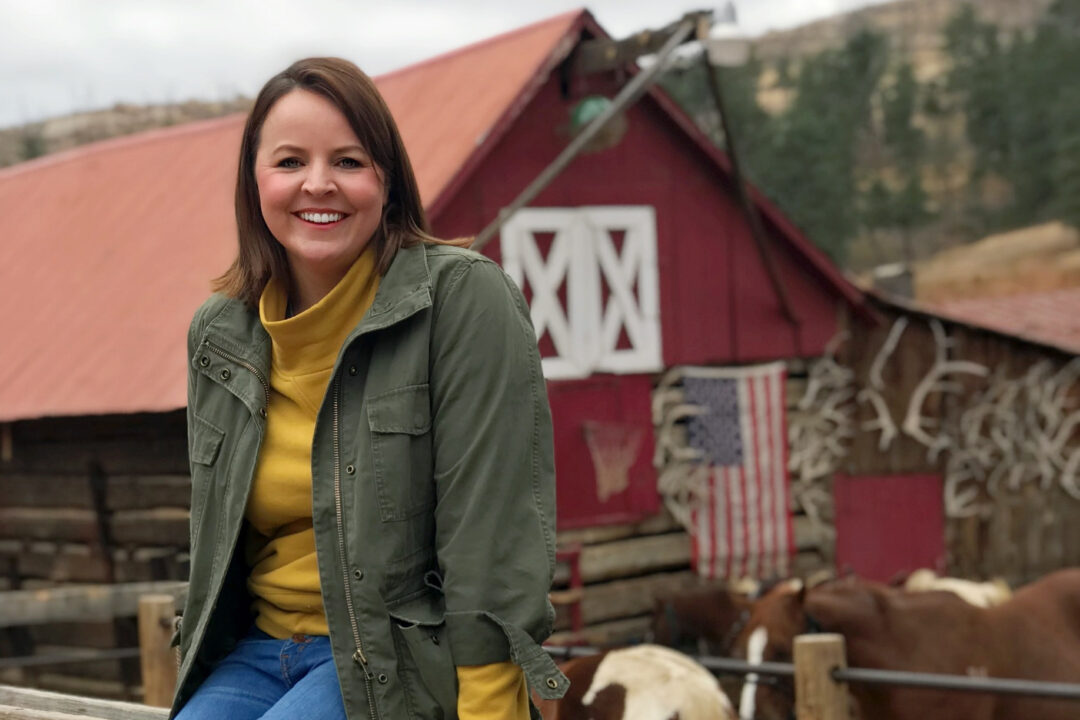
Something — a smell, a taste, a phrase, a glance — triggers the emotions of our past, emotions that we do not necessarily want to rise to the surface of our thoughts, but they call us back to a specific place and time. Some label it post-traumatic stress disorder or PTSD, some drop the D to help reduce the stigma that comes along with the fourth letter of the alphabet, and others still have no name to give it.
I know from experience just how it feels because I have struggled with anxiety and depression. My psychotherapist labeled it as PTSD.
With that brutal truth staring me in the face, there are some difficult and, some would say, traumatic experiences from my early years that have been etched in my memory. These childhood events became permanently engraved on my heart, helped shape my identity, and directed me down life’s paths.
It has taken years of being purposeful and taking proactive steps forward to get to the root cause of the issue, including therapy, self-care, awareness and reflection, along with getting to know what behooves my personal well-being. For me, getting regular quality sleep is paramount. I try to average no less than 7 hours a night. Physical exercise also gives me a release and gets my endorphins going. I see a therapist regularly, study the Bible, connect with friends and do work that gives me a sense of purpose. I also take a low-dose antidepressant.
That’s not to say it is all — as a dear friend likes to say — rainbows, roses, unicorns and lollipops. Sure, I have bad days, bad weeks even, but I feel well equipped with the skills, knowledge and abilities to take back control of my mental health. We each have a choice to be the victim of our mental health woes or the victor who overcomes daunting obstacles.
Serving others humbly and with love has helped set me free from the chains that bound my thoughts for so many years, left me hyper vigilant and always waiting for the other shoe to drop. Now, as a leader of Boot Campaign, a national non-profit serving the military community, and, in particular, those struggling to overcome hidden wounds of war, there are five things I have learned in my personal journey that I know for sure.
1. Mental health, and PTSD in particular, is not a veteran issue. It is a human issue.
PTSD has been categorized in our public vernacular as something that mainly military service members face, a disorder resulting from time served during war and particularly in combat. But, did you know that PTSD is prevalent in about 8 percent of the American population? About 7 or 8 out of every 100 people will have PTSD at some point in their lives.
On average, about 8 million adults have PTSD during a given year because of traumatic events including, but not limited to, sexual or physical assault, accidents, combat, disaster, or witness to death or injury. Trauma can be defined as any unpleasant experience that causes emotional and/or mental difficulties. There are myriad contributing factors that lead to development of PTSD; military service is just one.
2. PTSD is not something you have to live with forever.
Many struggle to break free from the complicated entanglement and mess of words, thoughts and feelings of anger, shame, resentment, frustration, humiliation and more – feelings that can both embolden action and destroy daily life. Recent research shows that PTSD affects the brain in the same way a physical injury affects the body. It is not mental weakness, nor is it permanent. Your brain changes and can even heal over the course of your lifetime given the right interventions and environment.
3. Your mental health is most important.
One of the comments I hear most often from veterans who are interested in our health and wellness program at Boot Campaign is: “I am home, with my arms and legs, with my eyesight. There is someone else who needs it more than me.” While that is a noble sentiment, comparison is one of the chief barriers to seeking help. You cannot lead and serve others well without leading yourself first. Many veterans, when I thank them for their service, respond by saying, “You’re worth it.” I want those veterans to hear and believe that they are worth it, to get the care they need and rightfully deserve.
4. There is no weakness in asking for help. It’s a sign of strength.
If you break your arm, would you ask for qualified help to address the issue? Think of PTSD in the same way. We cannot diagnose, treat and heal most of our physical ailments, and we cannot tackle PTSD on our own. Asking for help is not easy, but there is benefit in taking the first step of asking for assistance; you might be surprised to find a support system of people who have “been there.”
5. You are not alone.
Oftentimes it’s in the process of experiencing personal trauma we develop a passion to help and serve others. I, along with the staff at Boot Campaign, feel that way about the importance of holistic health and wellness. It’s because of what I’ve learned through my own personal battle over the course of many years that I want the veterans we serve directly and the military population at large to know and experience the same freedom from PTSD. Making meaning out of loss is actually the last stage of the grief cycle. It gives the trauma a new narrative.
I may not have been to a warzone, seen combat or served in the armed forces. But, we are all human with experiences that shape who we are today. Mental health and wellness is not a quick fix or a simple pill to swallow. It takes work, hard work; work that I know first hand. Reach out if you are struggling. There is hope; there can be freedom.
Shelly Kirkland is chief executive of Boot Campaign. She wrote this column for The Dallas Morning News. This piece first appeared in the Dallas Morning News online Saturday, November 17 and in print, Sunday, November 18.
